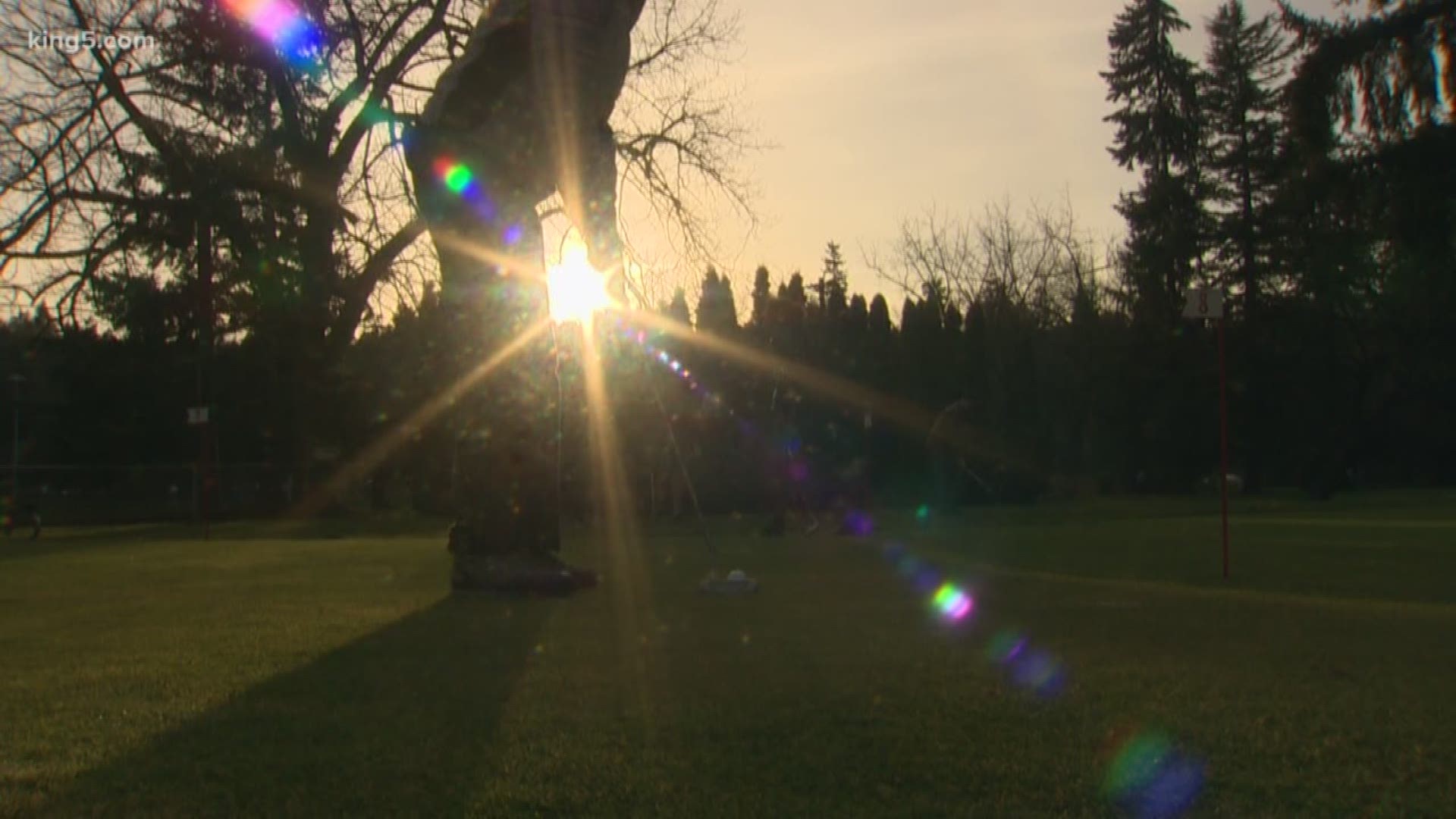The Washington state legislature moved closer to making Daylight Saving Time permanent this week.
University of Washington Professor Steve Calandrillo has studied the topic for years and lists 5 reasons to keep Washington on DST year-round.
Safety
“I always like to tell my students, darkness kills,” Calandrillo explained. Calandrillo said statistics show a big jump in accidents as soon as the sun goes down.
“As soon as we hit twilight, with that darkness setting in, there's a 300 percent spike in car accidents especially vehicle on pedestrian fatalities.” Although staying on Daylight Saving Time would mean less sunshine in the mornings, Calandrillo said, “The pedestrian rate in the morning hours is only about half.”
He said researchers at Rutgers University even put a number on i. "Researchers estimated that would save about 343 lives per year, given the reduction in vehicle on pedestrian fatalities."
Crime
Calandrillo said numerous studies show a rise in crime after the sun goes down.
“The Department of Justice found crime rates are 30 percent higher in the evening darkness than in the morning darkness," he explained. "I’m trying to take an hour of sunshine away from the criminals' workday, criminals are late to bed and late to rise.”
Energy
DST began as a way to save oil and energy during World War I. It later became permanent during the oil crisis in the 1970s. It likely still saves some energy by shifting more light to the afternoon and evening hours when people are home, but Calandrillo said it likely doesn’t have the same impact now.
Money
Changing the clock impacts productivity in the workplace and the stock market. Calandrillo said the stock market typically sees a decline in the days after the clock is moved forward or back.
Health
Calandrillo said changing the clocks can lead to a trip to the hospital. "The week after the spring forward, there’s a 24 percent uptick in heart attack risk.” That extra sunlight also encourages people to get outside and enjoy healthy activities.

